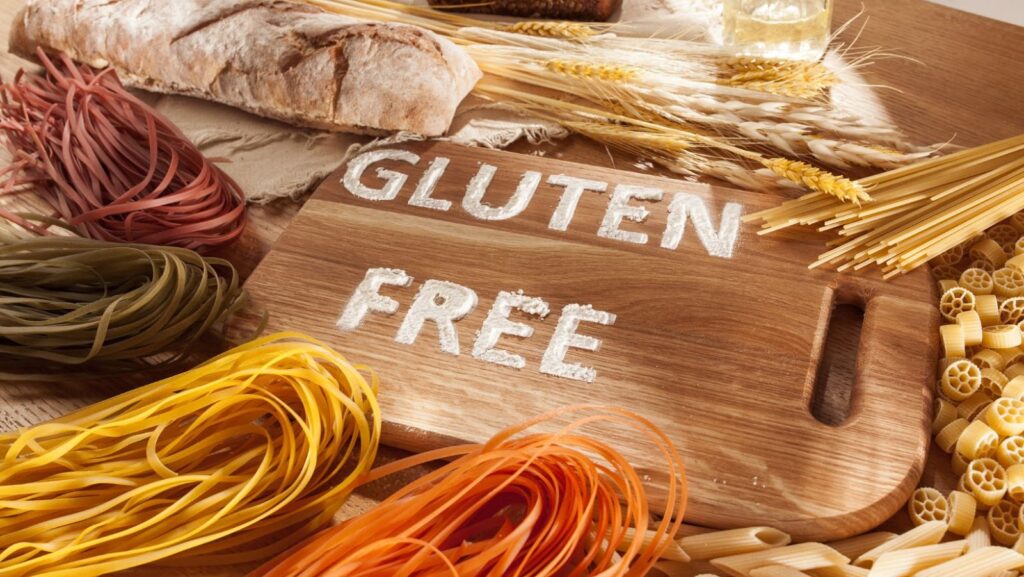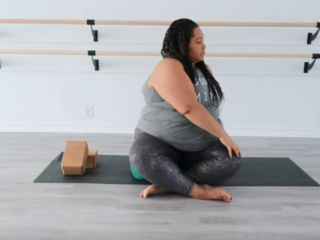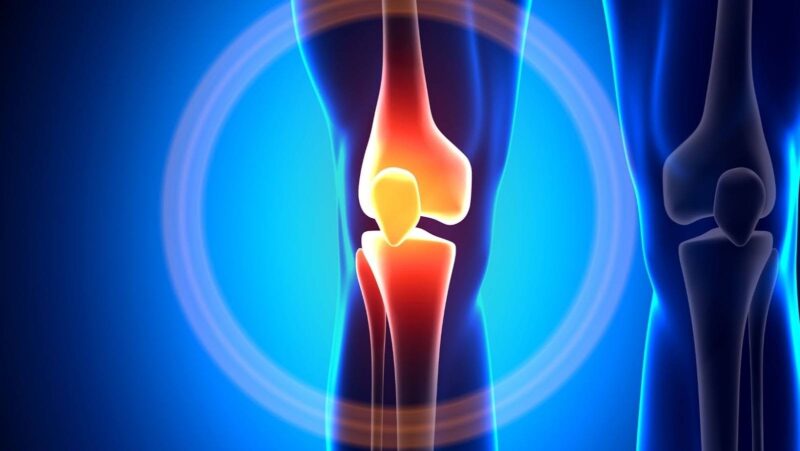
Looking to lose weight and feel great? Then you’ve come to the right place! Diet That Works is here to help you achieve your goals.
We’ll give you all the information and support you need to make healthy choices and reach your goals. Plus, our gluten free, low carb diet plan is easy to follow and nutritious, so you’ll be feeling your best in no time!
is gluten free low carb
Following a gluten-free, low-carb diet is a great way to lose weight and feel great. This type of diet works by reducing the amount of gluten and carbohydrates in your diet, which can lead to weight loss and improved health.
Gluten is a protein found in wheat, rye, and barley. It can cause digestive problems for some people, so eliminating it from your diet can help improve your digestion and overall health. Similarly, carbohydrates are found in foods like bread, pasta, and rice. Reducing the amount of carbs you eat can also help you lose weight and feel better.
One of the reasons a gluten-free, low-carb diet is so effective for weight loss is that it helps to reduce the number of calories you eat each day. When you eat fewer calories, your body is forced to use stored fat for energy, which leads to weight loss. In addition, reducing the amount of gluten and carbs in your diet can also help to reduce inflammation in your body, which can lead to improved health.
2.How a gluten-free, low-carb diet can help you feel great
A gluten-free, low-carb diet can be an excellent way to lose weight and feel great. This type of diet can help to reduce inflammation in the body, which can lead to a host of health problems. It can also help to improve digestion and increase energy levels.
3.The benefits of a gluten-free, low-carb diet
There are a number of benefits to following a gluten-free, low-carb diet. Perhaps the most obvious benefit is weight loss. By eliminating gluten and carbohydrates from your diet, you are likely to see a reduction in calories and an overall healthier weight.
In addition to weight loss, a gluten-free, low-carb diet can also help to improve digestive health. Many people who suffer from celiac disease or other forms of gluten intolerance report feeling much better after switching to this type of diet. By eliminating gluten, you are giving your digestive system a much-needed break from trying to process a substance that it cannot properly break down.
Another potential benefit of a gluten-free, low-carb diet is increased energy levels. When you cut out carbohydrates, your body has to find another source of fuel. This often leads to increased energy levels as your body becomes more efficient at burning fat for energy.
If you are considering switching to a gluten-free, low-carb diet, it is important to speak with your doctor first. This type of diet can be difficult to stick with and may not be appropriate for everyone.
4.The best foods to eat on a gluten-free, low-carb diet
If you’re following a gluten-free, low-carb diet, you may be wondering what kinds of foods you can eat. Luckily, there are plenty of delicious options! Here are some of the best foods to eat on a gluten-free, low-carb diet:
1. Meat: Chicken, beef, pork, lamb, etc. are all great sources of protein and nutrients, without the carbs.
2. Seafood: Fish and shellfish are also excellent sources of protein and nutrients. They can be prepared in a variety of ways, so you’ll never get bored!
3. Eggs: Eggs are a versatile food that can be cooked in many different ways. They’re also a good source of protein and nutrients.
4. Dairy: Dairy products like milk, cheese, and yogurt can be a good source of protein and calcium. Just be sure to choose brands that are low in carbohydrates.
5. Vegetables: Non-starchy vegetables like broccoli, spinach, and Brussels sprouts are packed with nutrients and fiber but low in carbs.
6. Nuts and seeds: Nuts and seeds make a great snack or addition to meals. They’re high in healthy fats and fiber but low in carbs.
7. Oils and fats: Healthy oils like olive oil and avocado oil are a great way to add flavor to meals while staying low-carb.
8. Herbs and spices: Herbs and spices not only add flavor to food but can also have health benefits.
9. Sweeteners: There are several types of sweeteners that are suitable for a low-carb diet, such as stevia monk fruit extract . Just be sure to check the label to make sure they don’t contain any carbohydrates
5.The worst foods to eat on a gluten-free, low-carb diet
1.Processed meats:
Hot dogs, bacon, sausage, and deli meats are typically full of unhealthy additives. They’re also high in sodium and often contain gluten.
2.Fried foods:
Fried foods are usually high in unhealthy fats and calories. They may also contain gluten-containing breading or flour.
3.Sugary foods and drinks:
These can spike blood sugar levels, which can be especially harmful for people with diabetes. Many sugary foods and drinks also contain gluten.
4.Chips and crackers:
These processed snacks are often high in unhealthy fats, salt, and gluten.
5.Refined grains:
White bread, pasta, pastries, and other refined grain products are low in fiber and nutrients. They can also trigger a blood sugar spike, which can be harmful for people with diabetes.
6.How to stick to a gluten-free, low-carb diet
Eating a gluten-free, low-carb diet can be difficult, especially if you are used to eating bread, pasta, and other carb-heavy foods. Here are some tips to help you stick to your diet:
1. Meal plan. Planning ahead will help you stay on track and avoid temptation.
2. Keep healthy snacks with you. This will help you avoid getting too hungry and making poor food choices.
3. Avoid trigger foods. If there are certain foods that you know trigger your cravings, try to avoid them as much as possible.
4. Find a support group. Whether it is online or in person, having others who are following a similar diet can be helpful when you feel like giving up.
7.The top mistakes people make on a gluten-free, low-carb diet
1.Not getting enough fat: When you cut out carbs, your body no longer has its preferred fuel source. This means that you need to get energy from somewhere else, and the most efficient place to get it is from fat. Fat is also essential for hormone production, brain health, and other vital functions. For these reasons, it’s important to make sure you’re getting enough fat on a gluten-free, low-carb diet.
2.Not getting enough protein: Protein is essential for muscle growth and maintenance, so if you’re not getting enough of it, you may start to lose muscle mass. It’s also important to note that when you cut carbs out of your diet, your body will start to break down muscle tissue for energy, so it’s especially important to make sure you’re getting enough protein if you want to maintain your muscle mass.
3.Eating too many processed foods: Just because a food is labelled “gluten-free” or “low-carb” doesn’t mean it’s healthy. In fact, many of these foods are highly processed and contain unhealthy ingredients like added sugar, unhealthy fats, and artificial additives. If you want to be healthy on a gluten-free, low-carb diet, focus on eating whole, unprocessed foods as much as possible.
4.Not getting enough fiber: Fiber is a type of carbohydrate that the body can’t digest, so when you eat fiber-rich foods like vegetables and fruits, most of the carbohydrate content is passed through your body undigested. This means that fiber doesn’t impact blood sugar levels like other carbs do, making it a safe and healthy choice for those on a gluten-free, low-carb diet. Additionally, fiber is essential for gut health and can help keep you feeling full after meals.
5.Eating too much dairy: Dairy products are a common source of hidden carbs because they often contain added sugars in the form of lactose (milk sugar). Additionally, dairy products can be difficult to digest for some people and can cause digestive problems like bloating and gas. If you want to include dairy in your diet, opt for full-fat varieties like cheese and yogurt which contain less lactose than milk or choose unsweetened dairy products like heavy cream or almond milk instead.
6.Not drinking enough water: Water is essential for all aspects of health, but it’s especially important when you’re on a gluten-free, low-carb diet because carbs help absorb water in the gut. Without adequate water intake ,you may become dehydrated which can lead to headaches , fatigue ,and other health problems . Make sure to drink 8 glasses of water per day ,or more if you exercise frequently or live in a warm climate .
7 . Not monitoring blood sugar levels : If you have diabetes or prediabetes ,it‘s important monitor your blood sugar levels closely when starting a gluten -free ,low -carb diet . This is because dropping carbs can cause rapid changes in blood sugar levels which could be dangerous if not managed properly .Work with your doctor or diabetes educator develop a plan track your blood sugar before ,during ,and after meals .
8.How to make a gluten-free, low-carb diet work for you
(keyword: is gluten free low carb) A gluten-free, low-carb diet can be a great way to lose weight and feel great. Here are some tips on how to make it work for you:
1. Plan your meals. Planning ahead will help you stay on track and make sure you’re getting the nutrients you need.
2. Make sure you’re getting enough protein. Protein helps keep you feeling full and can help prevent cravings.
3. Don’t skimp on fat. Healthy fats are an important part of a balanced diet and can help keep you satiated.
4. Fill up on fiber-rich foods. Fiber helps keep you regular and can also help with weight loss.
5. Drink plenty of water. Water helps flush out toxins and can also help reduce bloating.
6. Get enough sleep. Sleep is important for overall health and can help promote weight loss.
7. Exercise regularly. Exercise not only helps with weight loss, but can also boost energy levels and improve overall health










